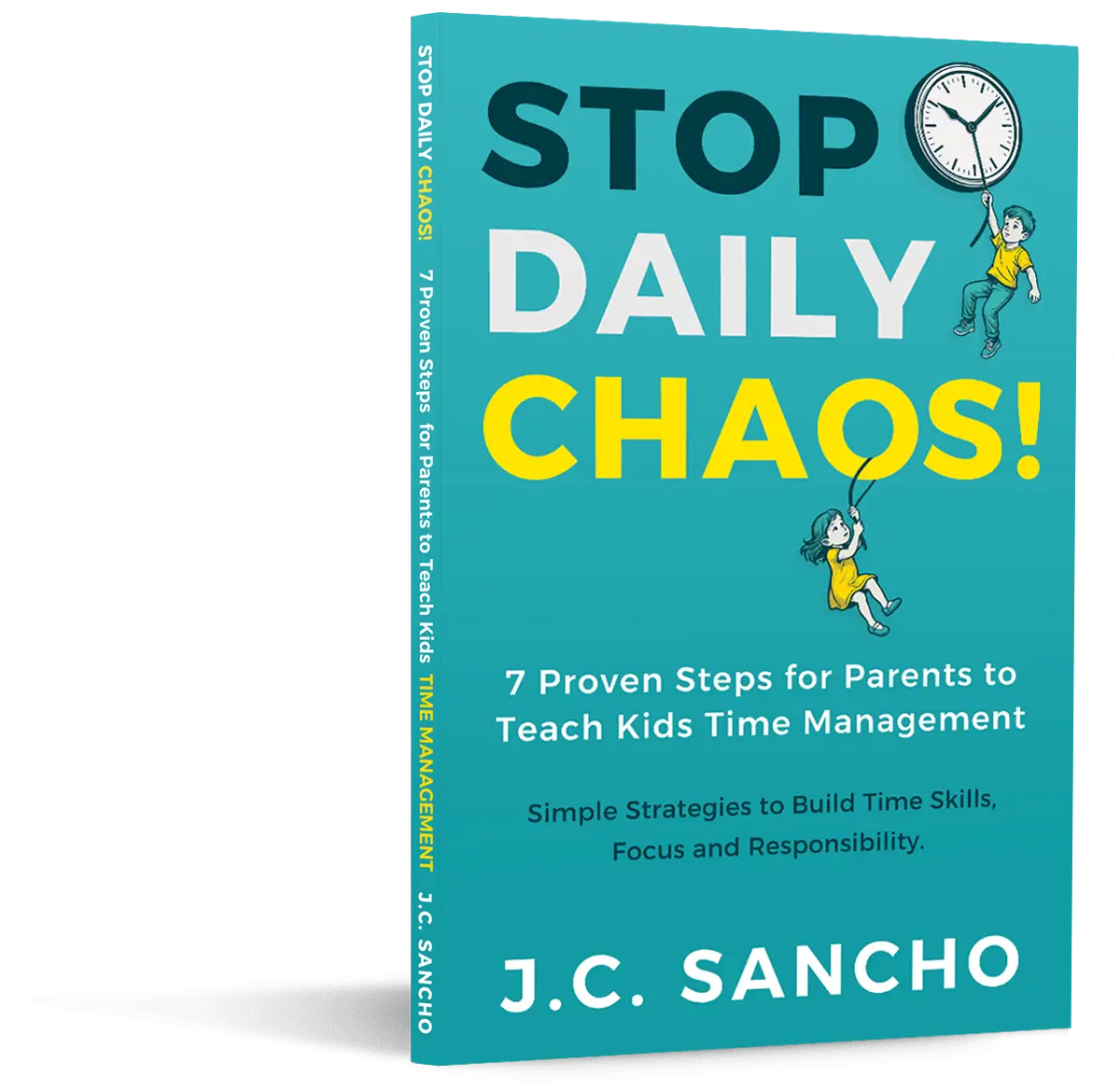Every parent eventually reaches the moment when their child looks them straight in the eye and delivers a story that simply doesn’t add up. It often sparks worry, frustration, or confusion. The good news is that lying in childhood is far more complex than simple misbehavior. With the right guidance, children can learn honesty in a way that strengthens trust, resilience, and emotional awareness.
Understanding Why Kids Lie
Lying is not a moral failure in early childhood. It is a developmental signal. Children begin to experiment with bending the truth long before they understand the full meaning of deception. To respond effectively, parents need to understand the forces behind the behavior.
Cognitive Growth and Theory of Mind
One major reason children lie is cognitive development. Around preschool age, children enter a stage where they begin to grasp that other people have separate thoughts, beliefs, and perceptions. This awareness is called Theory of Mind. It allows them to imagine what others know—and what they don’t. Lying becomes possible because they now understand that information can be manipulated.
This doesn’t mean your child is trying to “be bad.” It means they’re learning how social interaction works, including the boundaries and responsibilities that come with communication.
The Role of Fear and Emotional Avoidance
Many lies come from fear: fear of disappointing a parent, fear of punishment, or fear of conflict. When children anticipate a strong reaction, they may reach for dishonesty as a shield. Understanding this emotional motive helps you address the root cause rather than the surface behavior.
Fantasy, Imagination, and Young Children
Young children often blur the lines between imagination and truth. A story about dragons stealing homework is not deceit—it’s creativity. Distinguishing between imagination and deliberate lying is essential for responding with fairness and empathy.
Social Pressure in Older Kids and Teens
As kids grow, lying may connect to social status, peer acceptance, or insecurity. They may exaggerate achievements to impress friends or hide vulnerabilities. In these cases, honesty is tied to self-worth, and guidance requires emotional support rather than judgment.
How to Encourage Honesty: Core Strategies for Parents
Encouraging honesty isn’t about catching lies. It’s about creating an environment where truth feels safe, supported, and valued. These strategies build that foundation in daily interactions.
1. Create a Home Culture That Rewards Truth
Honesty flourishes in an atmosphere that welcomes openness rather than punishes imperfection. Children are more likely to tell the truth when they know they won’t face humiliation or anger for their mistakes.
Focus on:
- A calm tone when discussing difficult topics
- Reassurance that mistakes are normal and solvable
- Modeling transparency in your own words and actions
When kids see honesty practiced consistently, they absorb it as a family value rather than a forced rule.
2. Respond to Lies with Curiosity, Not Confrontation
Instead of cornering your child with accusations, try to understand the motive behind the lie. This approach reduces defensiveness and opens the door for honest communication.
Example:
Instead of saying:
“Why would you lie to me?”
Try:
“It looks like something was hard about telling me the truth. Help me understand what happened.”
This encourages reflection rather than shame.
3. Avoid Labels
Calling a child a “liar” or describing their behavior in global terms rarely helps. Labels attach identity to the behavior instead of guiding change.
Frame the issue around the choice, not the child:
“That story doesn’t match what I see. Let’s talk about what really happened.”
This keeps the door open for correction without harming self-esteem.
4. Teach the Difference Between Mistakes and Misconduct
Many children lie to avoid consequences because they fear harsh judgment. Clarifying that mistakes are learning opportunities reduces the urge to hide them.
Try reinforcing:
“Everyone makes mistakes. What matters is how we handle them.”
When children know they won’t be shamed for slip-ups, they’re more willing to be honest about them.
5. Praise Honesty When It Happens
When your child voluntarily admits the truth—especially in difficult moments—acknowledge it directly.
For example:
“It took courage to tell me the truth about breaking the mug. Thank you for being honest.”
This reinforces honesty as a valued behavior worth repeating.
6. Keep Consequences Reasonable and Predictable
Children lie more when consequences feel overwhelming or unpredictable. Consistency builds trust. When rules are clear and consequences are fair, honesty becomes easier.
Use logical consequences rather than harsh punishment. If your child lies about forgetting homework, the solution might involve organizing their backpack together or creating a reminder system, not a severe punishment unrelated to the issue.
7. Teach Empathy and Emotional Awareness
Understanding how dishonesty affects others is essential for long-term moral development. Talk about trust, feelings, and relationships in clear, age-appropriate ways.
You can ask:
“How would you feel if someone lied to you?”
Helping kids see the interpersonal impact of dishonesty deepens their internal motivation to be truthful.
Avoiding Common Pitfalls
Even with good intentions, parents can fall into patterns that unintentionally encourage more lying. Being mindful of these pitfalls helps maintain healthy communication.
Pitfall 1: Overreacting
Intense emotional responses can make children fearful of telling the truth. A calm reaction signals safety, even when the situation is frustrating.
Pitfall 2: Using Harsh Punishment
Severe consequences often teach children to hide missteps rather than correct them. The aim is growth, not fear.
Pitfall 3: Expecting Perfection
Unrealistic standards can push children toward dishonesty. Emphasize progress rather than flawless behavior.
Pitfall 4: Rewarding Only Success
When achievement becomes the only valued outcome, children may lie to protect their image. Celebrate effort, persistence, and honesty.
Building Long-Term Honesty: The Deeper Work
Honesty isn’t learned in a single conversation. It grows through consistent guidance, emotional safety, and the steady presence of a parent who listens without judgment. These deeper elements help cultivate integrity that lasts through childhood and adolescence.
Strengthen the Parent-Child Bond
Children tell the truth more readily when they feel connected. Set aside regular one-on-one time, listen actively, and create rituals that reinforce closeness. When trust is strong, honesty follows.
Help Your Child Understand Their Own Emotions
Children who understand their feelings are better equipped to communicate them honestly. Teach emotional vocabulary, reflect feelings back to them, and model naming your own emotions in healthy ways.
Guide, Don’t Control
As kids grow, they need space to make decisions and take responsibility. Overcontrol encourages sneaky behavior; guidance encourages accountability. Allow choices when possible, and use collaboration when problem-solving.
Parent Questions Answered
Why does my child keep lying even when they know I’ll find out?
This usually stems from fear, anxiety, or habit—not defiance. Start by identifying what they’re afraid of. Approach the issue calmly and work together on solutions.
How do I handle lying in teenagers?
Teens often lie to gain privacy or avoid conflict. Create an atmosphere where communication is safe. Discuss expectations openly, and explain how honesty strengthens mutual trust.
Should I punish lying?
Consequences can be useful, but they should be proportional and focused on repair. The goal is teaching, not punishing. Guide your child toward better choices rather than making them fearful of honesty.
Is lying ever normal?
Yes. In early childhood, lying appears during normal cognitive development. As kids grow, lying often signals emotional needs, insecurity, or a desire for autonomy. Addressing the underlying cause is more effective than focusing on the lie itself.
Moving Forward with Confidence
Honesty grows through trust, connection, and consistent guidance—not fear or punishment. When parents respond with empathy and curiosity, children learn to value the truth not because they fear consequences, but because they understand its role in healthy relationships.
You’re not alone in this work. Every parent faces moments of frustration and uncertainty. What matters most is your willingness to guide your child with patience and clarity as they learn how to communicate with integrity.
Further Reading
- American Academy of Pediatrics (AAP)
- Centers for Disease Control and Prevention (CDC)
- Mayo Clinic
- Child Mind Institute
This article provides general parenting guidance and does not replace professional advice.



